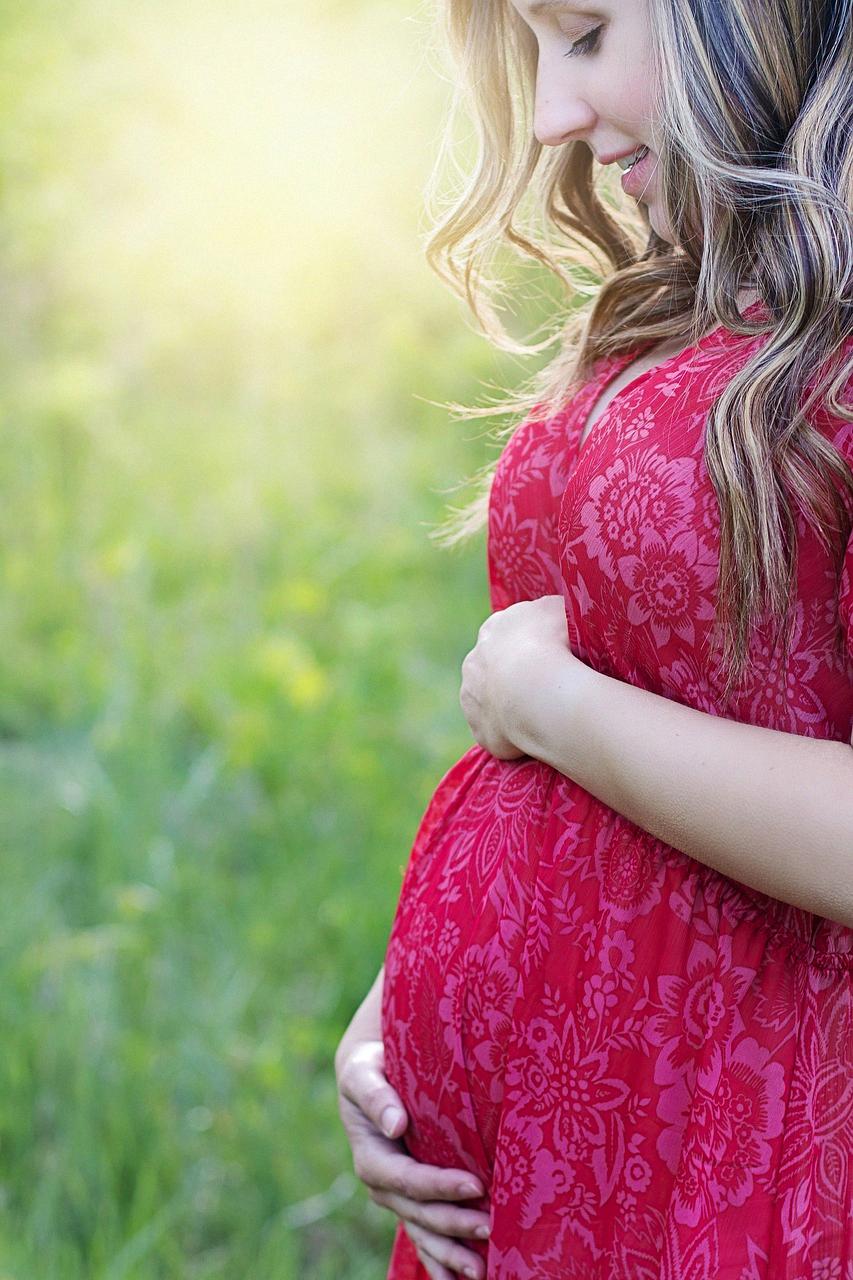During pregnancy, it is crucial for women to be mindful of potential health risks to both themselves and their unborn baby. One such concern revolves around exposure to cat litter due to the potential transmission of toxoplasmosis, an infection caused by the Toxoplasma gondii parasite.
Toxoplasmosis is typically contracted by cats when they ingest infected rodents, birds, or other small animals. The parasite can then be shed in the cat’s feces, which is why cleaning the litter box poses a risk to pregnant women. If a pregnant woman comes into contact with infected cat feces, either through cleaning the litter box or gardening where cats may have defecated, it can lead to potential health complications.
Exposure to toxoplasmosis during pregnancy can have serious consequences. While some women may not experience any symptoms, others may develop flu-like signs such as muscle aches, swollen lymph nodes, and fatigue. In rare cases, the infection can lead to more severe issues, including eye infections and neurological complications.
One of the most concerning aspects of toxoplasmosis during pregnancy is the potential impact on the developing fetus. If a pregnant woman becomes infected with the parasite, it can be passed to the unborn baby through the placenta. This can result in congenital toxoplasmosis, which may lead to miscarriage, stillbirth, or a range of birth defects.
Given the risks involved, healthcare professionals generally recommend that pregnant women avoid cleaning cat litter boxes whenever possible. Delegating this task to another household member can significantly reduce the likelihood of exposure to the parasite, thus protecting both the mother and the baby.
Additionally, pregnant women should take precautions to minimize the risk of toxoplasmosis from other sources. This includes washing hands thoroughly after handling raw meat, wearing gloves while gardening, and ensuring that all fruits and vegetables are washed before consumption.
If a pregnant woman must clean the cat litter box herself, certain safety measures can be implemented to reduce the risk of infection. Wearing disposable gloves and a mask, as well as cleaning the litter box daily, can help minimize exposure to the parasite. It is also essential to wash hands thoroughly with soap and water after handling cat litter or coming into contact with potentially contaminated areas.
Regular visits to the healthcare provider are crucial during pregnancy to monitor any potential signs of infection and ensure the well-being of both the mother and the unborn baby. If a pregnant woman suspects she may have been exposed to toxoplasmosis, it is essential to consult with a healthcare professional promptly.
Overall, while the risk of contracting toxoplasmosis from cat litter is relatively low, the potential consequences during pregnancy warrant careful consideration. By taking appropriate precautions and seeking medical advice when needed, pregnant women can help safeguard their health and that of their unborn child.

